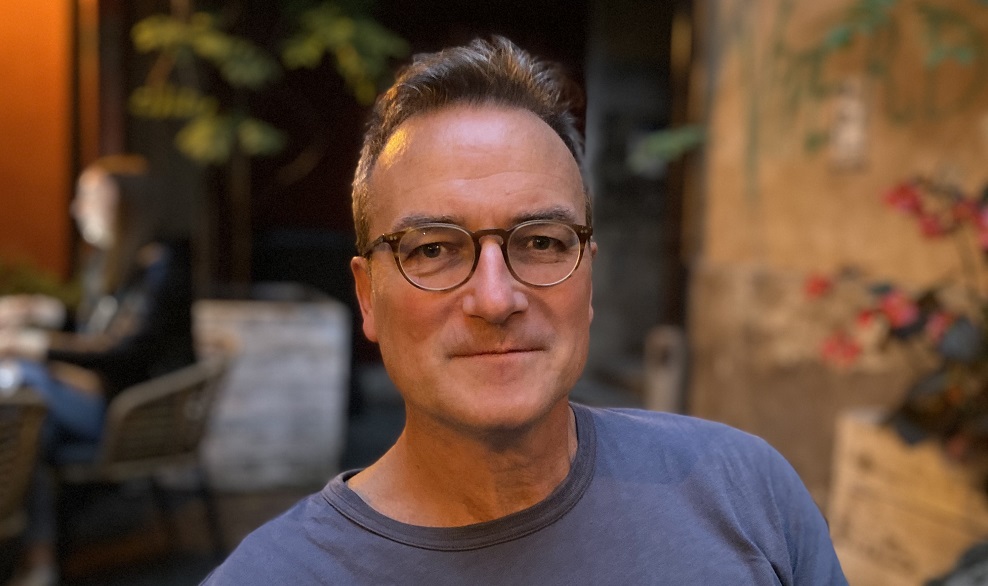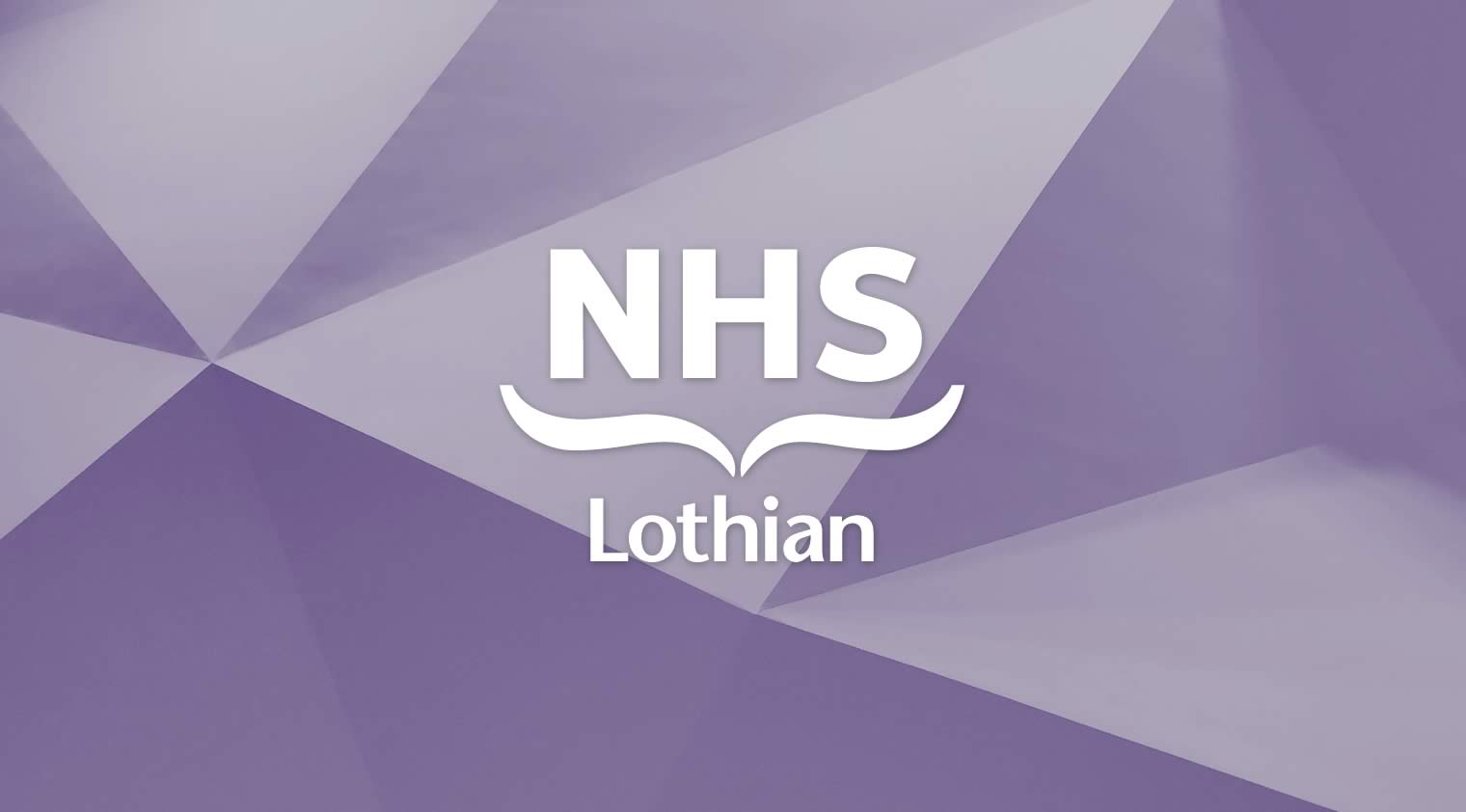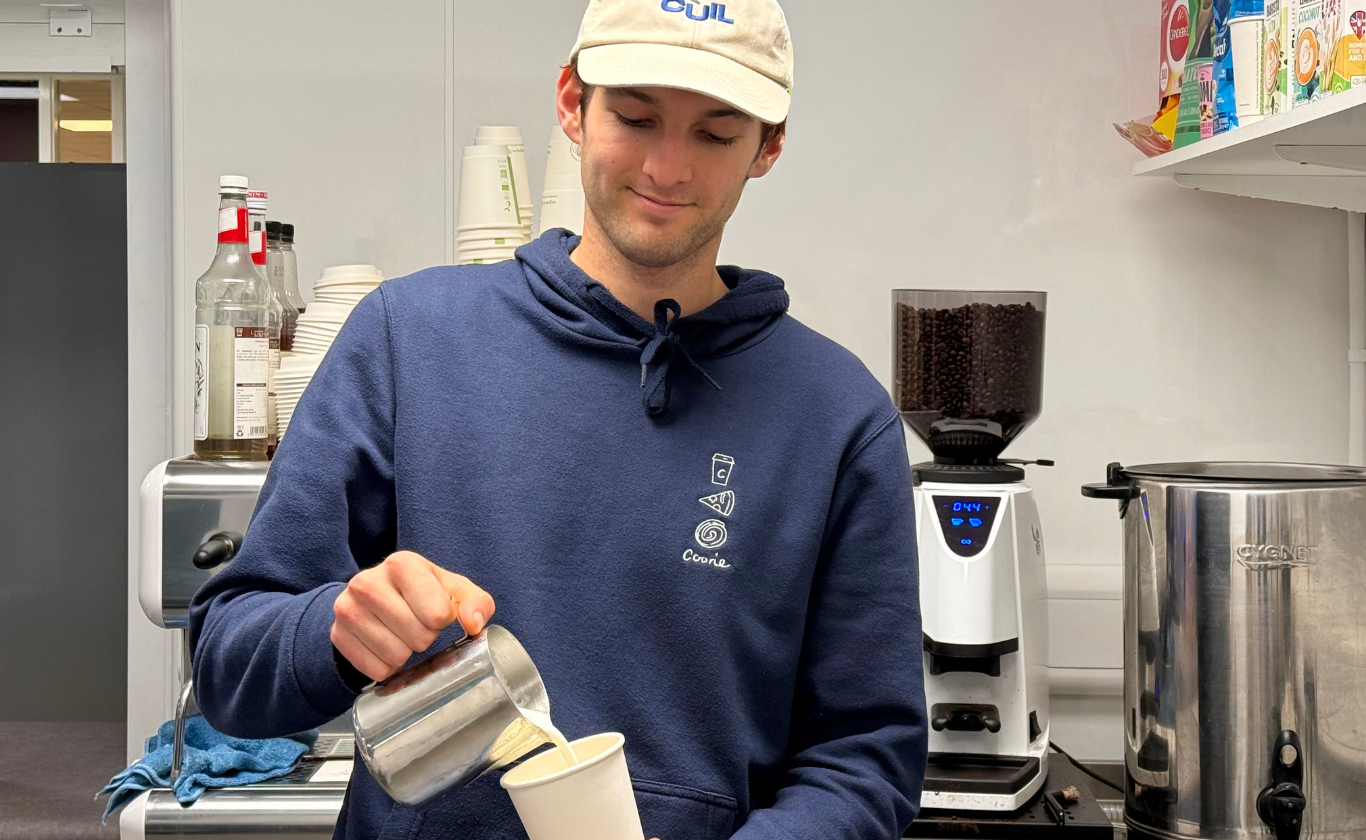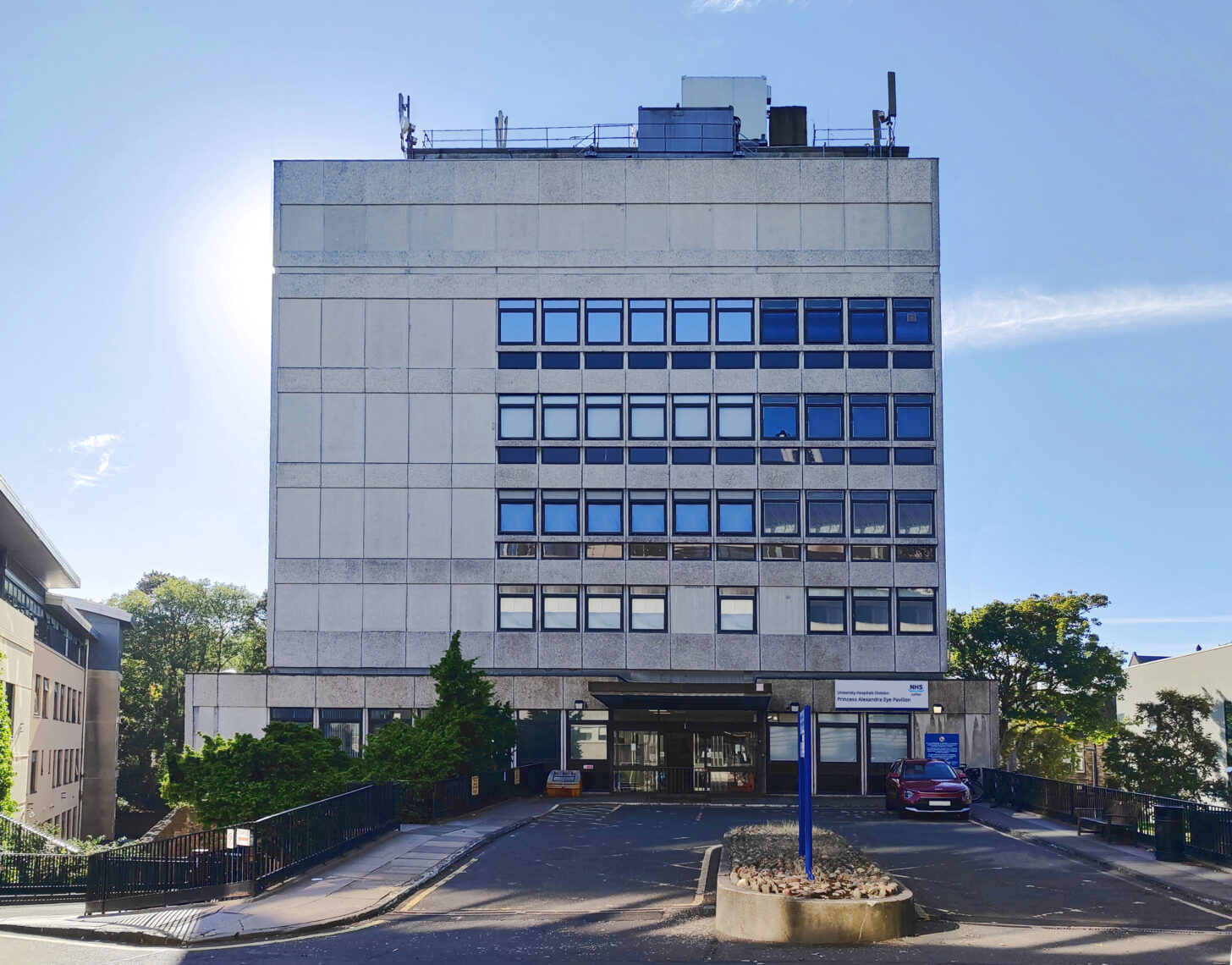A world away from the problems we face in the UK, Mr Patrick Addison, Clinical Director for Plastic Surgery in NHS Lothian recently travelled to Ukraine, offering his clinical expertise to support with the development of orthoplastic services in the country.
Mr Addison flew over for five weeks in September 2022 with UKMed, a frontline medical aid charity helping to deliver healthcare around the world when crisis or disaster hits.
Mr Addison was based in the Lviv Emergency Hospital in Western Ukraine, where attempts are underway to establish the country’s first plastic surgery department and in Vinnytsia in central Ukraine. Prior to the war, there were no plastic surgery services in Ukraine and only limited scope for reconstructing limbs or other parts of the body destroyed by cancer or through accidents.
Mr Addison paints a stark picture of the stresses the hospitals in Ukraine currently face. He commented, “There were just four nurses with very limited experience and clinical skills, managing well over 100 patients There were no alcohol dispensers to be found, gloves were a rare commodity and I quickly learnt not to expect a plastic apron. Throw in frequent power failures, regular air raid sirens and the occasional cruise missile strikes to create a really challenging environment.”
When Mr Addison treats patients in Lothian, he operates not long after they have sustained an injury. In Ukraine however, most patients have injuries to more than one area of the body and by the time they have travelled from hospital to hospital across the country to the relative safety of the western regions, they are often malnourished and have badly infected wounds that are extremely difficult to manage. Case histories are difficult to capture accurately with surgeons often having to rely on experience and judgement to determine what treatments the patient may have had previously and how they sustained their injuries.
Mr Addison added: “The hospital in Lviv is undergoing renovations but the trauma patients are mainly restricted to decaying 1950s operating theatres with outdated equipment. Drugs including antibiotics, anaesthetics and analgesics are in very short supply, as are wound dressings.
“In theatres, much of the ordinarily disposable equipment is re-used indefinitely. Scalpel blades, burrs and needles are blunt and fracture fixation metalwork is used until it breaks. The junior doctors perform all the tasks of their western counterparts but are also the porters, translators, and ‘fixers’ who deftly manage all the logistical problems that arise throughout the day, source the materials required for each operation, and bring them to theatre in a plastic shopping bag.
“Despite everything they are going through, the Ukrainians I met are incredibly friendly, resourceful, adaptable, determined, enthusiastic and highly motivated. The invasion has only strengthened their determination.
As respecting the resilience of Ukrainian healthcare staff, my experience in Ukraine reminded me not to take for granted all that we have here in terms of access to cutting edge equipment, medical supplies and drugs. The NHS may be facing some of the most challenging times in its history, but we must not lose sight of how special and important an organisation it is. It is humbling to have been able to help just a little but so much more help is needed.””
To find out more about the work of UKMed visit UK Med – Frontline Medical Aid Charity (uk-med.org)























